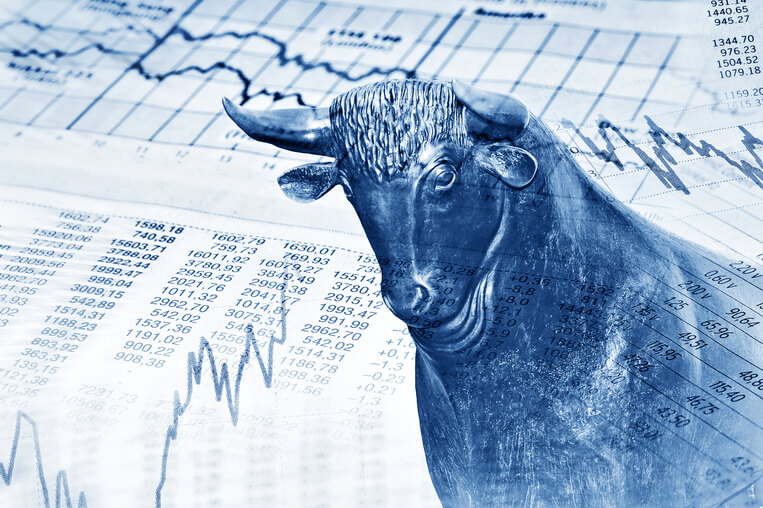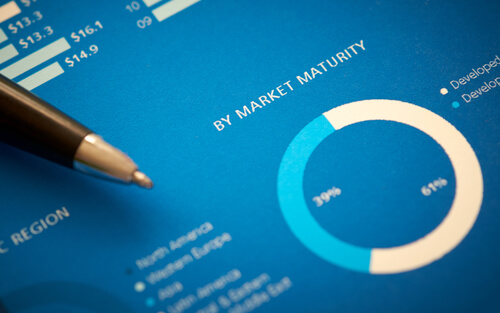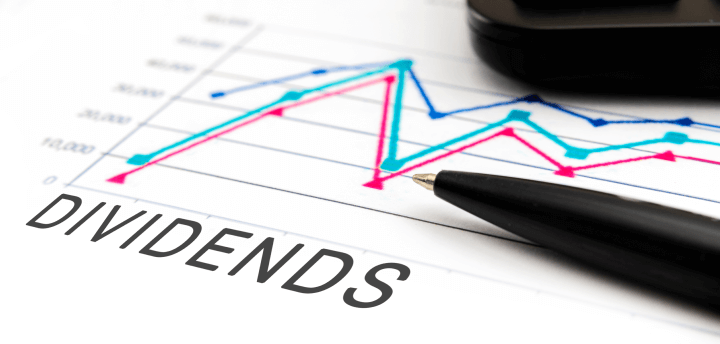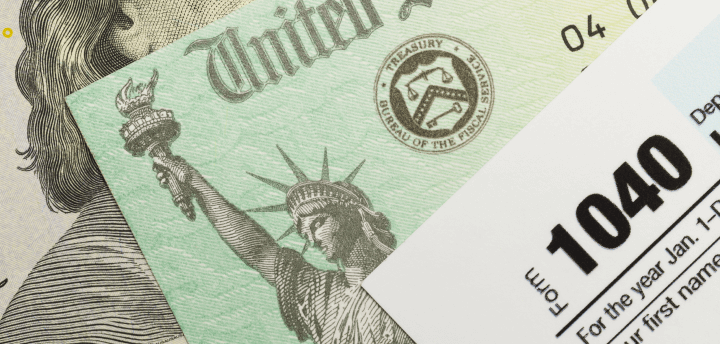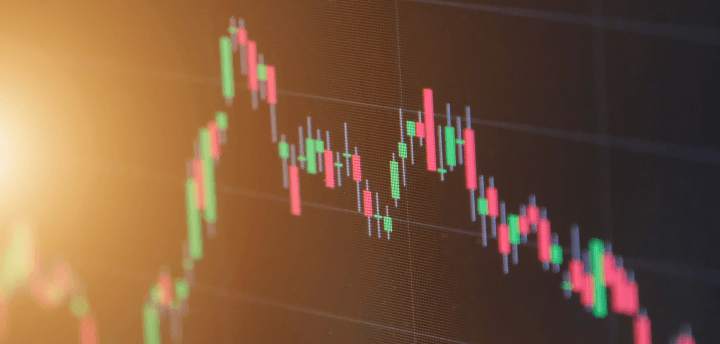The media flurry around the US Presidential elections received a boost recently from impeachment talk. This inevitability prompts questions about how and when politics will impact markets. While these are issues to think about, we don’t believe they warrant changes in investment strategy at this time.
Investors don’t know what the future holds and cannot predict all the complexities that follow major political events. Whether you love, hate, or are indifferent to the politicians and their policy positions, we don’t believe you should invest based on your politics.
Economic fundamentals, such as GDP growth, corporate earnings, and interest rates, generally surpass politics in terms of direct effect on markets. In a recent Barrons interview, Paul Hickey of Bespoke Investment Group said, “With regards to impeachment, whatever ultimately happens regarding the President, the Democratic-controlled House, and GOP-controlled Senate is anyone’s guess, but if you want to know how the market will react, you’re better off paying attention to the economy rather than Washington headlines.”
While impeachment brings plenty of political drama, a conviction seems unlikely. Impeachment requires only a simple majority of the Democratic-controlled House. A conviction by the Senate, however, requires 67 votes. Republicans control the Senate by a 53-47 margin, so 20 GOP members would have to cross aisles to convict Trump, which is not probable. Therefore, impeachment seems more like a headwind to returns over the next year. This could keep markets in a volatile trading range and limit expected returns.
In any event, past impeachments had little direct effect on markets. President Clinton was impeached in 1998, but the S&P 500 rose 28% from January of that year, when news of the Monica Lewinsky affair broke, until after his acquittal on February 12, 1999, according to Bespoke Investment Group.
There’s much more uncertainty with potential outcomes for 2020 Presidential and Congress elections. How the political races play out and how they impact markets is anyone’s guess. JP Morgan points out that gridlock, i.e. a Democratic President with a republican Senate, might soothe markets because this may inhibit the rollback of the Trump tax cuts and impede the passage of transformative policies such Medicare for All and the Green New Deal. Conversely, a Democratic President with a Democratic Congress carries some systematic implications for tax hikes and social programs, while a Trump re-election offers more of the same, i.e. stimulative tax policy and tough trade policy, per JP Morgan.
However, there’s nearly a year left until the Democratic National Convention and the range of scenarios won’t narrow until Q2 2020 at the earliest. Much can happen in that time to earnings, to the US-China trade dispute, to the political front-runners, to Fed policy, and to markets. All of which have more potential to move markets during that time than political noise and campaign speeches.
All investors have to go on now is polls. Before you get caught up in polls, think back to 2016. Remember what polls projected at the time about the presidential election? Trump was supposed to lose. If somehow he won, the market was supposed to tank. Although poll results are quoted constantly, they should not be relied on for investing decisions and certainly shouldn’t be a reason to abandon sound financial plans.
In any case, it’s way too early to draw conclusions on the impeachment and US elections. Avoid the temptation to adjust portfolios for political reasons. For now, sit back and enjoy the political theater.








